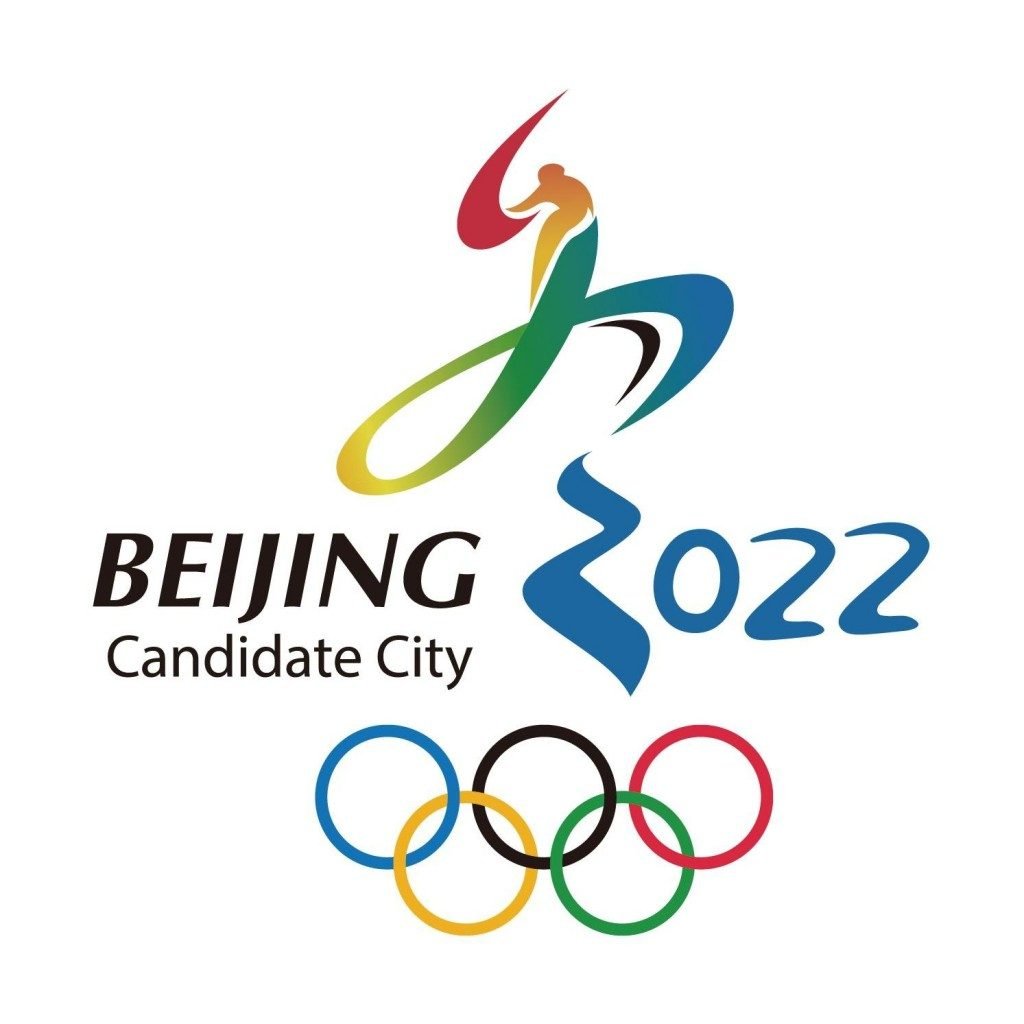For the first time in Olympics history, one city has been chosen to host both the Summer and Winter Olympics. The International Olympic Committee (“IOC”) announced earlier today that it has chosen Beijing, China to host the 2022 Winter Games. Beijing also hosted the Summer Games just seven years ago, in 2008. The announcement of Beijing to host the 2022 Winter Games came at the end of a very interesting bidding race. The only other city that was in contention for the Games was Almaty, Kazakhstan, an oil-rich, developing country in Central Asia. Almaty received 40 votes from IOC members while Beijing received 44 votes. The choice between only two cities came after Oslo, Munich, and Stockholm bowed out of the race due to economic and political concerns.
The decision to choose Beijing as the host of the 2022 Winter Olympics was a “safe choice” according to Thomas Bach, the president of the IOC. Beijing’s commercial success at the 2008 Summer Games led voters to believe it could successfully host the 2022 Winter Games in a similar manner. Other members stated that Beijing’s status as a tourist destination was also a factor.
Money and experience were the key elements to Beijing’s presentation to IOC voters. Much of the presentation highlighted the successes of the 2008 Games, where Beijing spent greater than $40 billion to host the world’s largest international sporting event.
Many of Beijing’s citizens did not see exactly why the city would bid for the Winter Games as not many Chinese people play, compete in or watch winter sports. However, China has recently created a special program, costing greater than $30 million, that is intended to produce and develop Chinese athletes in sports like Nordic combined skiing, luge, skeleton and bob sled. Whether the Winter Games will resonate with Chinese citizens is yet to be seen.
The choice of Beijing to host the 2022 Winter Games also has upset many human rights activists and watch groups given China’s stance on certain individual liberties. Minky Worden, the global initiative director at Human Rights Watch, stated that the current situation in China could be described as “the worst crackdown in the post-1989 period across the board.”
There is also concern over Beijing’s continuing air pollution problem. Some experts wonder how the snow-making operation will affect the environment. The IOC responded that Beijing showed it could control smog and air pollution at the 2008 Summer Games and also that the city remains committed to protecting the environment.
Despite all of these issues, the IOC ultimately decided that Beijing was the right choice.
Stay Connected